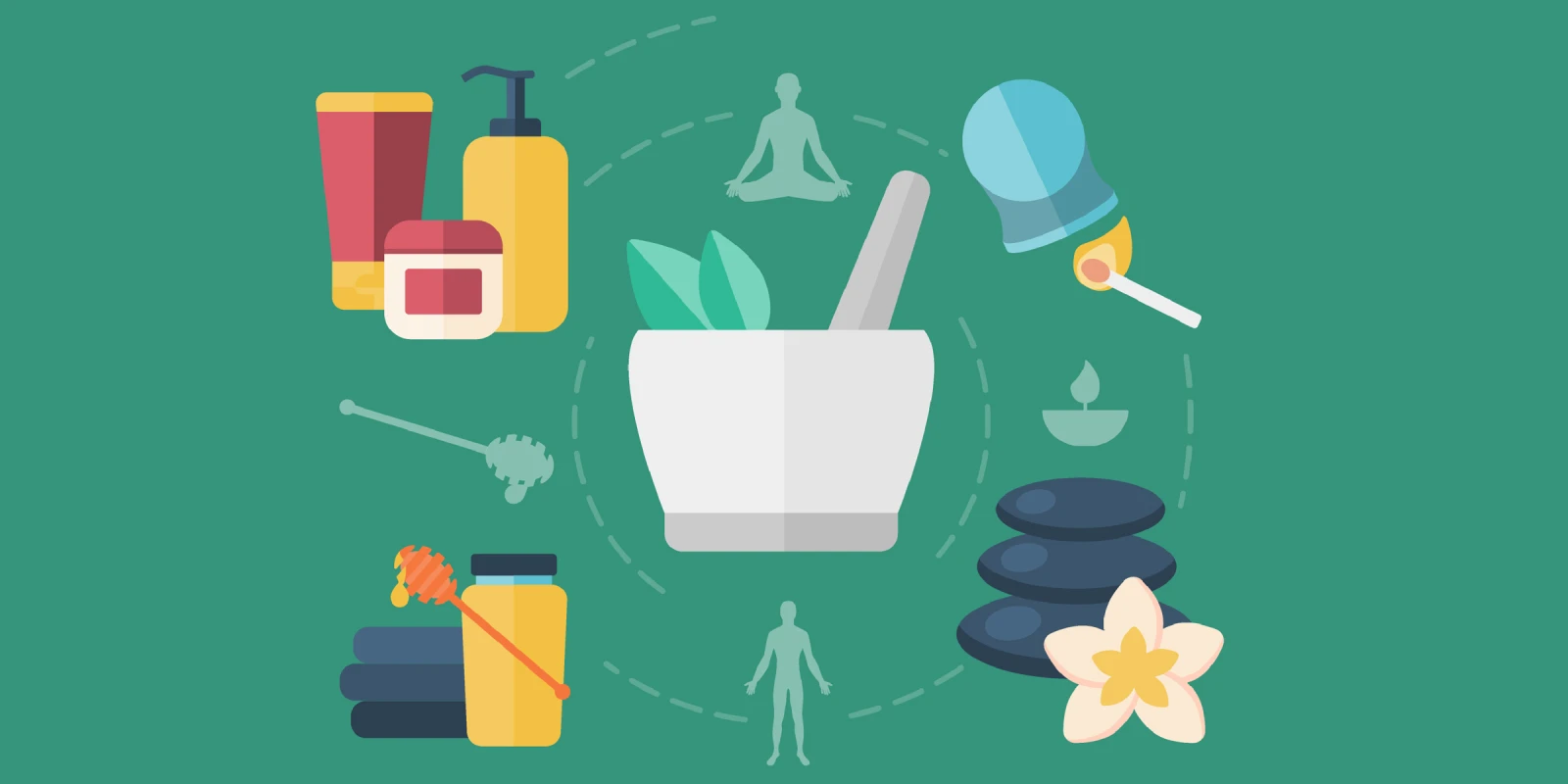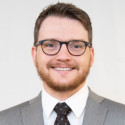As a young man emerging into adulthood, I couldn’t help but feel out of place as a patient in the pediatric clinic. Dragging my feet across the green commercial-grade carpet, I apprehensively took my seat next to a distressed toddler. “I don’t want to die! I don’t want to die!” she screamed frantically, wrestling against her mother’s stalwart grip. The nurse, wielding several syringes, approached to administer our vaccinations. My palms started to sweat. After all, this was my first doctor’s appointment and at 18, I was finally about to receive my first immunizations.
Growing up in a large family, my mother championed aspects of midwifery, ayurveda, homeopathy, naturopathy, and even something called emotional freedom technique. Suffice it to say, if you weren’t bleeding out, dying, or missing an appendage, you probably weren’t going to see a doctor. Being the first medical trainee in my family in over two generations, I am occasionally asked how I reconcile the medical care of my youth, or lack thereof, with the beliefs I’ve formed as a budding physician. What I continue to discover is an ever-expanding perspective of differing valuations of health care and some of the economic, cultural, and generational forces that shape them.
Reflecting on this unconventional upbringing, my mother’s decision to forgo immunizations and pediatricians in lieu of homeopathic cell salts and cod liver oil was nothing but an expression of her personal value system. At the heart of this system was a high regard and borderline reverence for the human body’s innate ability to grow, heal, and age with grace. To this end, health care perceived as supportive to these natural physiologic systems was welcomed with a high degree of value. Medical care that threatened to replace or supersede the role of natural bodily functions, when such functions were not devastated, was met with skepticism and assigned minimal value. For example, home birth coupled with midwifery was the preferred practice over a high-tech labor and delivery suite. Similarly, natural remedies rooted over centuries were viewed favorably over what was viewed as the “experimental,” “toxic,” and “artificial” prescriptions of westernized medicine. Mainstream medicine was grossly perceived as an oversized weapon capable of massive collateral damage in the pursuit of short-term symptom alleviation. Its use, a self-perpetuating cycle where therapy begets symptoms which begets more therapy. In a schema like this, use of the system could only be justified in matters of life, limb, or severe disability.
At this point, you may be wondering how someone arrives at such conclusions and evaluation of a scientifically rooted medical system that has benefited millions of patients. On closer inspection, you may recognize themes of medical distrust, health literacy, and culturally specific values that are commonly encountered among the diverse patient groups we treat. More often than we think, the music in my mother’s view of modern medicine reverberates in the stories and lives of the patients we treat. I heard it from a first-time mother whose plans for home birth had been foiled and, in frustration, rejected all newborn exams, immunizations, and vitamin K. The perimenopausal woman in clinic that hadn’t seen a PCP in over 20 years. The kind, elderly couple adamantly positive that an herbal remedy would dissolve the gallstones causing the husband’s biliary colic. It is in these situations I am stirred to consider what experiences and forces might be driving these perspectives. In the case of my own family, I had to look broader and deeper than any individual’s experience.
To better understand how my mother arrived at her current perspective on health care, we need to go back to 1941. In 1941, at the tender age of 35, my great-grandmother became a widow and sole provider for five young children. Subsequently, my grandmother grew up in poverty with medical care that consisted of home remedies from generous women in their community. Trips to a doctor were logistically difficult and economically stressful. As a grown woman, my grandmother would become exasperated by a doctor’s inability to cure recurrent ear infections in four of her children. By the time my mother was a young woman, she’d already inherited two generations worth of distrust of modern medicine coupled with a pioneering spirit of self-reliance. When a variety of symptoms ranging from mild intermittent wheezing to an isolated grand mal seizure were observed following routine immunizations, my mother didn’t hesitate to lean on tradition and protect the rest of her children from potentially toxic vaccines of modernized medicine. Individuals in our community echoed her sentiment with reports of seizures, autism, and worse after their children received their vaccinations. Group sentiment preached natural immunity recounting stories of individuals who had contracted mumps, chickenpox and other diseases without any long-term recourse. Community members accurately noted absence of diseases for which immunizations were targeted and inaccurately dismissed vaccines as no longer required. Social media would expand and polarize this group even further to the point that the echo chamber became deafening for many.
It is apparent to me now that the utilization and value of modern medicine in my youth was intergenerationally anchored, refined through individual experience, and nourished by community. John B. Watson, a pioneer in the field of behavioral psychology, stressed that “men are built, not born” in his lectures on the shaping power of conditioning. In the process of characterizing my mother’s valuation of westernized health care, I’ve gained perspective on some of the forces that build behavior and shape values.
Have you experienced conflicts with holistic versus westernized medicine? Share in the comments.
Christian Morrill is a research fellow at the Brady Urological Institute at Johns Hopkins, studying management of urogenital congenital malformations. He enjoys bicycle trips, pottery, and exploring the Baltimore food scene. He is passionate about surgical education, innovation, and patient-centered care. He hopes his writing will spark resilience and empathy within himself, his peers, and his patients.
Image by VectorPot / Shutterstock







